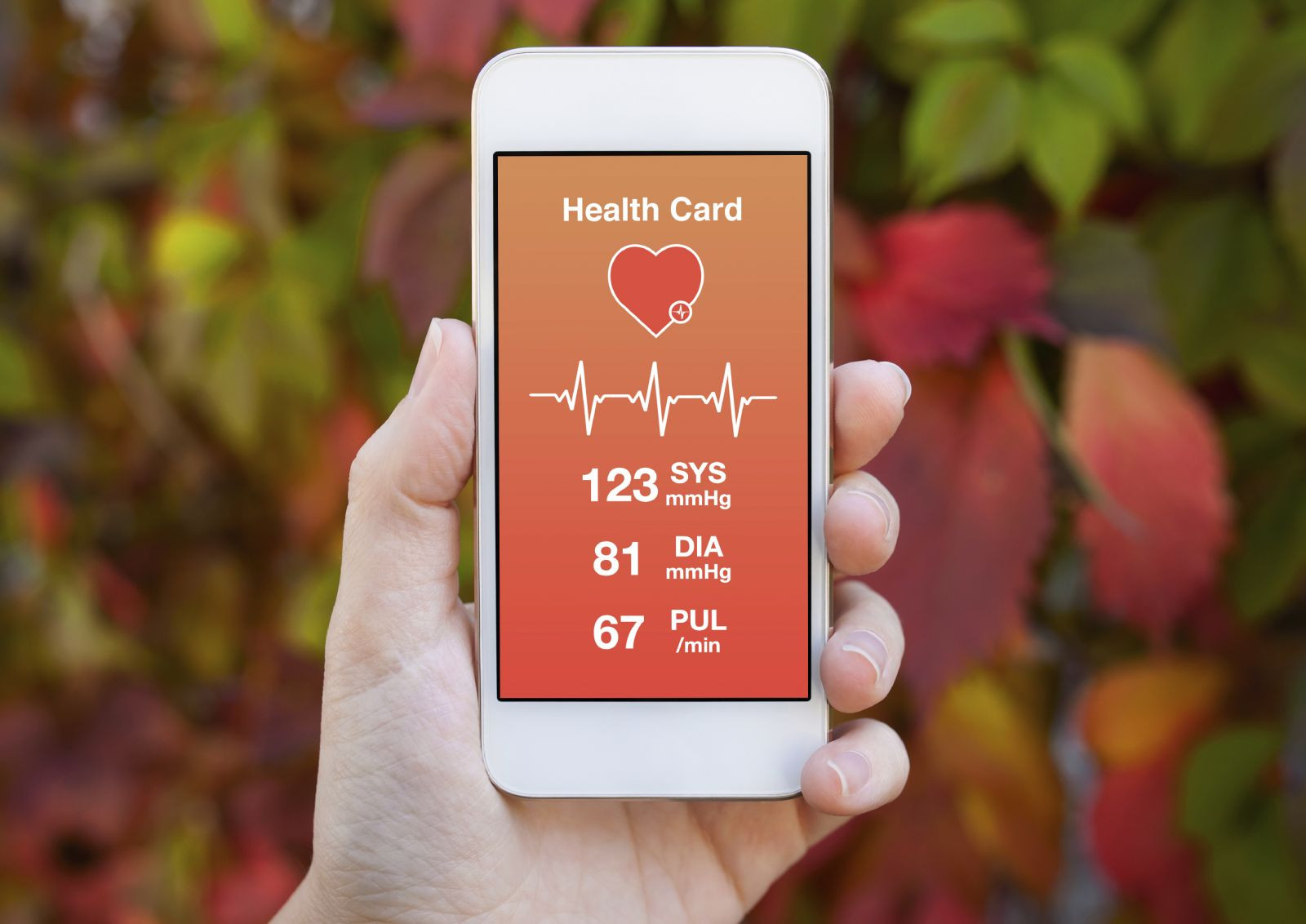
Trying to lose weight? Be careful not to lose muscle

Is your skin problem actually an autoimmune condition?

People with diabetes face higher risk of hearing loss

Antibiotic-free fixes for recurrent UTIs

Musculoskeletal syndrome of menopause: When menopause makes you ache all over

When can older women stop getting mammograms?

To lose weight, especially harmful belly fat, combine diet and exercise

Can men hold off on treating recurring prostate cancer?

The 7 types of rest and why we need them all

What are the early warning signs of cervical cancer?
Healthcare Archive
Articles
Where to get health care in a hurry
Image: Thinkstock
The best place to get the services you need on short notice depends on the problem you have.
Not long ago, your only alternative to visiting a doctor's office was an urgent care clinic or hospital emergency room. But there are some new options. These include walk-in clinics at drugstores and big-box retailers like Walmart and Target, and online "e-visits" that some health care providers now offer.
Tips for evaluating hospitals
Hospital rankings from magazines and websites base their evaluations on performance measures such as patient safety, survival, technology, and readmission rates. Image: Thinkstock |
Your doctor will make the call, but you can stay informed about the hospital you're admitted to through patient reviews, independent rankings, and satisfaction surveys.
Must-have high-tech tools for caregivers
|
When you are caring for someone who is ill, elderly, or disabled, it's important to consider how you'll handle those times when you can't be with your loved one in person. Thankfully, today's technology offers options that can help you keep track of your loved one's safety and well-being.
Most people are familiar with the emergency response system known as Lifeline. Experts call devices and systems like Lifeline "telecare." But there's much more to telecare than emergency assistance. Today, there are a multitude of telecare devices that can help you stay informed of your loved one's activities and needs in real time.
Why your annual check-up is still important to your health
The annual visit helps to sustain your relationship with your clinician and personalize your health care. Image: Thinkstock |
Although health experts are giving us fewer reasons to see the doctor every year, there are many benefits to doing so.
Can't wait to see the doctor? You have choices
Emergency rooms, urgent care clinics, and retail clinics offer immediate care. Your symptoms determine which to use.
You've probably had an illness or injury that you weren't quite sure how to handle. Maybe it was a rattling cough, a finger slammed in a car door, or a rash crawling up your arm. If you can't get in to see your doctor, you have a few options for immediate treatment—the clinic at the nearby shopping mall, an urgent care center, or the emergency room at the nearest hospital. How do you decide which one to go to?
Why I'm not prescribing statins for all my patients
If you're over 75, ask your doctor whether you would benefit from taking a statin. Image: Thinkstock |
By Anne Fabiny, M.D., Editor in Chief
Every so often, medical professional organizations issue new guidelines for treating diseases, based on an accumulation of new evidence. In 2013 the American College of Cardiology and American Heart Association issued a guideline on treating blood cholesterol to reduce atherosclerotic cardiovascular disease (ASCVD) risk, using a new risk calculator (online at health.harvard.edu/heartrisk) to estimate a person's risk of developing ASCVD over the next 10 years. The guideline created a controversy because using the new risk calculator gives everyone over 75 a risk score of at least 7.5%—the threshold for prescribing statins to prevent heart disease in younger people. By that measure, everyone over the age of 75 should be on a statin!

Trying to lose weight? Be careful not to lose muscle

Is your skin problem actually an autoimmune condition?

People with diabetes face higher risk of hearing loss

Antibiotic-free fixes for recurrent UTIs

Musculoskeletal syndrome of menopause: When menopause makes you ache all over

When can older women stop getting mammograms?

To lose weight, especially harmful belly fat, combine diet and exercise

Can men hold off on treating recurring prostate cancer?

The 7 types of rest and why we need them all

What are the early warning signs of cervical cancer?
Free Healthbeat Signup
Get the latest in health news delivered to your inbox!
Sign Up











